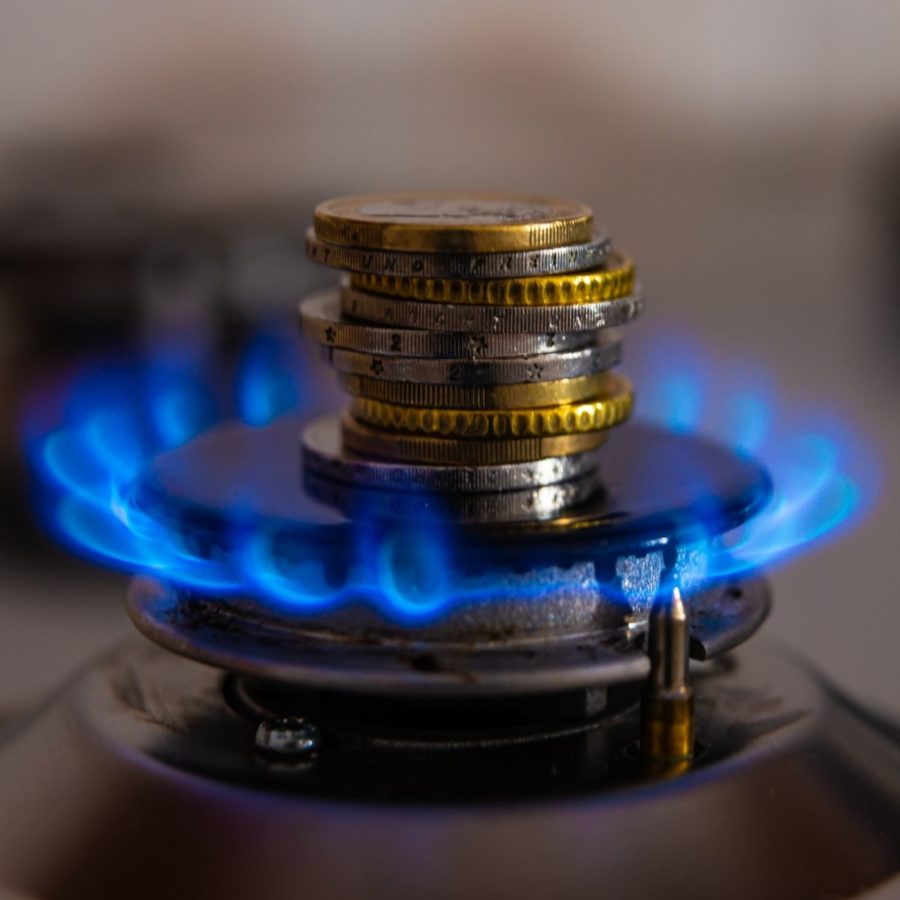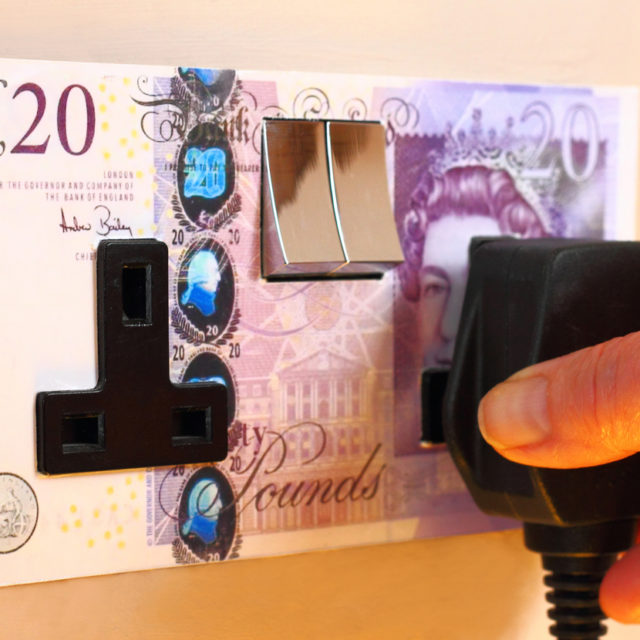Gas Prices and Price Controls
There have been suggestions of price controls in the US and there is pressure in the UK to temper the effects of rises in the price of household gas, including perhaps staggering price increases. We used our econometric model, NiGEM, to address the issue in the context of Ofgem’s recent decision whether to raise the gas price cap by up to 50 per cent for households in April or to stagger it over the future.
 Pub. Date
Pub. Date
08 February, 2022
 Pub. Type
Pub. Type

Main points
- If gas prices increase by 50 per cent in one go under rational expectations, inflation is expected to peak in the third period following the shock at just over 0.7 percentage points over the base.
- Staggering the price rise under rational expectations reduces this addition to inflation to just over 0.4 percentage point over the base. However, inflation and interest rates stay higher for longer than in the one-shot case.
- If economic agents have adaptive expectations and think the gas price hike has been cancelled, staggering provides the lowest inflation peak at just below 0.3 percentage points over the base, compared with just below 0.6 under a one-shot.
- In the rational expectations case, the peak addition to interest rates, at just below 0.6 percentage points, is slightly higher and later under the two-year staggering than in the other two cases. With adaptive expectations, the peak addition to rates is 0.6 percentage points; in both staggered cases the addition to rates is 0.3 percentage points but is maintained for longer.
- Adaptive expectations result in a cycling of interest rates and inflation, which could be interpreted as a policy mistake, whereas under rational expectations interest rates and inflation move more smoothly.
















